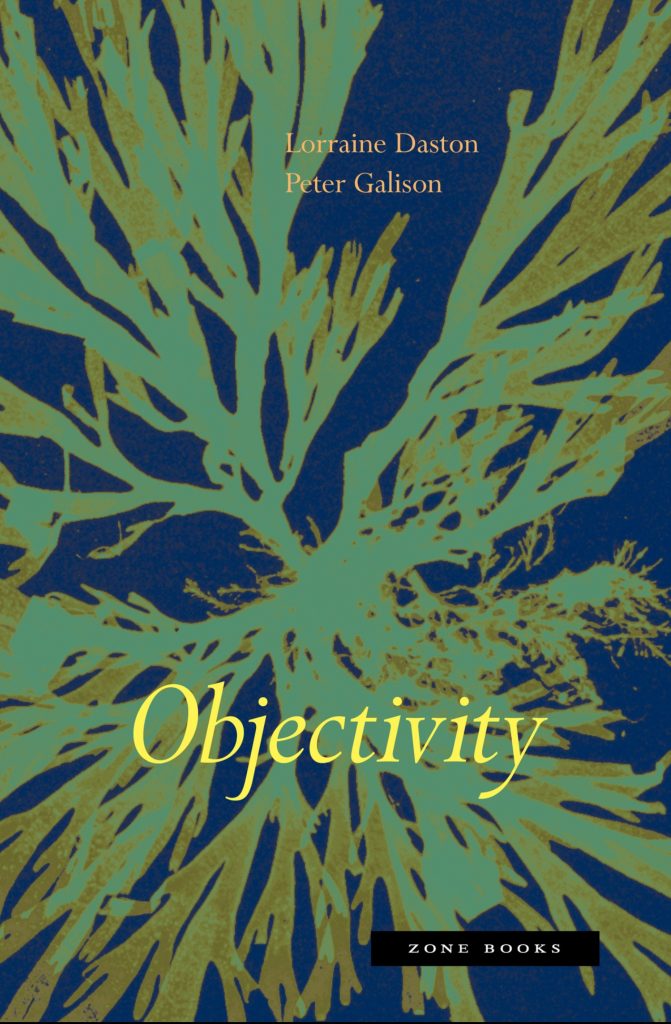
洛兰·达斯顿(Lorraine Daston)和彼得·加利森(Peter Galison)指出,“客观性”(objectivity)并非一个固定或普遍的理想,而是一个随着时间演变的概念。在前现代(pre-modern)时期,“符合自然的真理”(truth-to-nature)的客观性注重理想化的呈现,旨在描绘现象的“本质”。19世纪出现了“机械客观性”(mechanical objectivity),强调没有偏见,尽量减少人为干预。近年来,“训练有素的判断”(trained judgment)的客观性承认专家解读的必要性。现代工具(如人工智能)也继续重塑客观性的定义,算法的自动化决策为客观性带来了新的挑战。达斯顿和加利森指出:客观性无法完全消除主观性。即使在追求“机械客观性”的过程中,观察什么、记录或强调什么的选择仍然涉及人为判断。随着科学范式(scientific paradigms)的演变(例如从牛顿力学到量子物理),对于什么构成客观证据或知识的标准也随之变化。
Lorraine Daston and Peter Galison note “objectivity” is not a fixed or universal ideal but rather a concept that has evolved over time. In the pre-modern era, “truth-to-nature” objectivity focused on idealized representations, aiming to depict the “essence” of phenomena. The 19th century saw the rise of “mechanical objectivity”, emphasizing impartiality and minimizing human intervention. More recently, the concept of “trained judgment” acknowledges the necessity of expert interpretation. Modern tools like artificial intelligence continue to reshape the notion of objectivity, as algorithms automate decision-making. Objectivity cannot entirely eliminate subjectivity. Even in the pursuit of mechanical objectivity, decisions about what to observe, record, or emphasize involve human judgment. As scientific paradigms evolve (e.g., from Newtonian mechanics to quantum physics), so too do the standards of what counts as objective evidence or knowledge.
电子版代找请联系:yefei147852
电子版代找请联系:yefei147852

未经允许不得转载:我的生活分享 » 《Objectivity》PDF+mobi+epub高清完整电子版

 《Afghanistan by James Willcox, Dana Facaros》PDF+mobi+epub高清完整电子版
《Afghanistan by James Willcox, Dana Facaros》PDF+mobi+epub高清完整电子版 《Strange Ways To Die in the Tudor Ages》PDF+mobi+epub高清完整电子版
《Strange Ways To Die in the Tudor Ages》PDF+mobi+epub高清完整电子版 《Microsoft Azure AI Fundamentals (AI-900) Certification Guide: Master AI, Machine Learning, and Azure Cloud Intelligence to Earn Your Microsoft Azure AI-900 Certification》PDF+mobi+epub高清完整电子版
《Microsoft Azure AI Fundamentals (AI-900) Certification Guide: Master AI, Machine Learning, and Azure Cloud Intelligence to Earn Your Microsoft Azure AI-900 Certification》PDF+mobi+epub高清完整电子版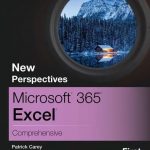 《New Perspectives Microsoft 365 Access Comprehensive》PDF+mobi+epub高清完整电子版
《New Perspectives Microsoft 365 Access Comprehensive》PDF+mobi+epub高清完整电子版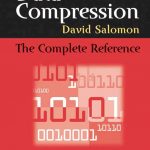 《Data Compression: The Complete Reference 3rd Edition》PDF+mobi+epub高清完整电子版
《Data Compression: The Complete Reference 3rd Edition》PDF+mobi+epub高清完整电子版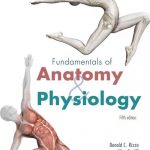 《Fundamentals of Anatomy and Physiology, 5th Edition》PDF+mobi+epub高清完整电子版
《Fundamentals of Anatomy and Physiology, 5th Edition》PDF+mobi+epub高清完整电子版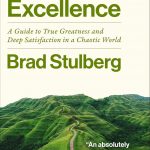 《The Way of Excellence: A Guide to True Greatness and Deep Satisfaction in a Chaotic World》PDF+mobi+epub高清完整电子版
《The Way of Excellence: A Guide to True Greatness and Deep Satisfaction in a Chaotic World》PDF+mobi+epub高清完整电子版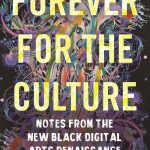 《Forever for the Culture: Notes from the New Black Digital Arts Renaissance》PDF+mobi+epub高清完整电子版
《Forever for the Culture: Notes from the New Black Digital Arts Renaissance》PDF+mobi+epub高清完整电子版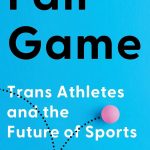 《Fair Game: Trans Athletes and the Future of Sports》PDF+mobi+epub高清完整电子版
《Fair Game: Trans Athletes and the Future of Sports》PDF+mobi+epub高清完整电子版 《A Star Is Reborn: The Most Filmed Hollywood Story of Love Found and Lost》PDF+mobi+epub高清完整电子版
《A Star Is Reborn: The Most Filmed Hollywood Story of Love Found and Lost》PDF+mobi+epub高清完整电子版